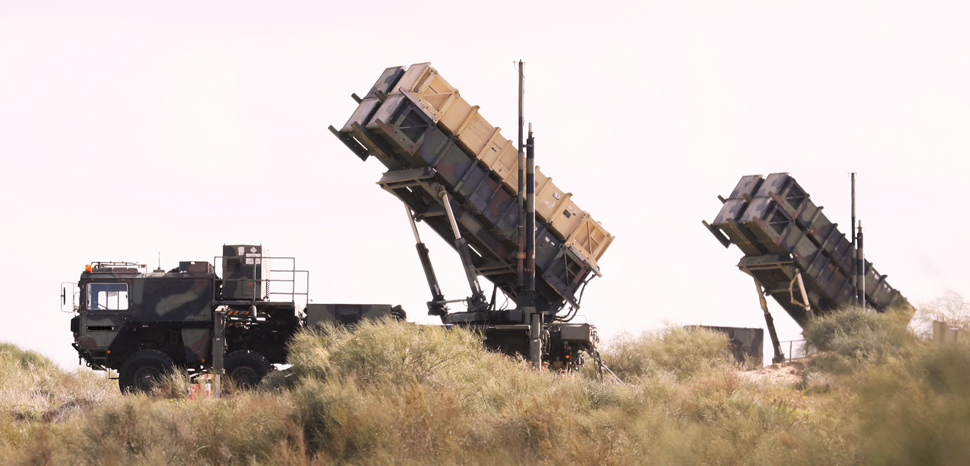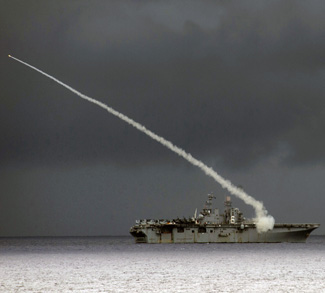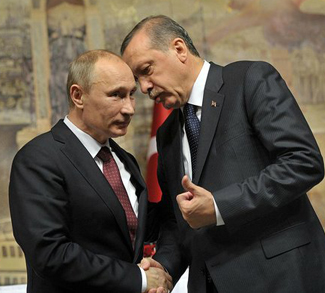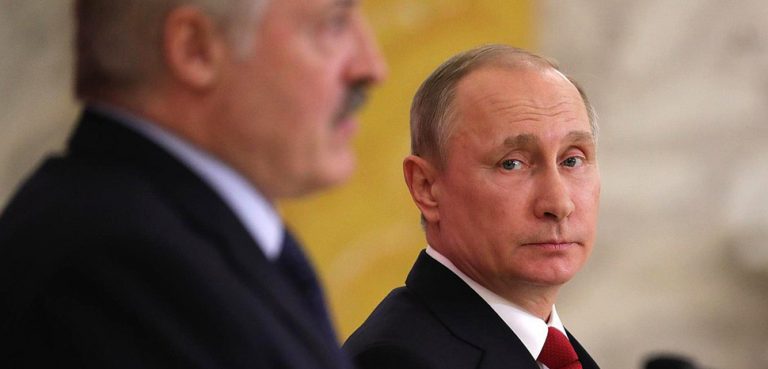Summary
Three decades after the fall of the Soviet Union and the end of the Cold War, NATO’s nuclear sharing program may no longer seem important. But amid renewed tensions with Russia, it remains a fundamental element for the Alliance’s deterrence capabilities. Other than providing an effective and credible tool for nuclear dissuasion, on the political level it represents America’s commitment to defend its European allies. As such, in spite of challenges ahead, nuclear armaments still represent the ultimate guarantee of NATO’s collective defense mission – to deter war before it begins.
Impact
The current strategic context
NATO’s nuclear policy – as the Alliance itself – has its roots in the Cold War. At a time when Europe faced the risk of a Soviet armored onslaught across the ‘Fulda Gap’ in then-divided Germany, NATO was established as a US-led defensive pact to deter and, if necessary, repel the Red Army. A robust nuclear capability was therefore essential to dissuade a Soviet invasion.
The geopolitical situation is very different today. The USSR has ceased to exist and present-day Russia is far weaker than its predecessor. Its troops are located far more to the east, and many states of the former Soviet bloc are now part of NATO. Yet the Organization and its nuclear policy are not obsolete. Relations between Moscow and the West have once again deteriorated after the former unilaterally annexed Crimea in 2014. Determined to restore its status and preserve its influence in the former Soviet space, but no longer capable of a Cold War-era large-scale offensive, contemporary Russia has been forced to alter its strategy. Other than leveraging its gas supplies to Europe, Moscow has sought to attain its objectives by using disinformation to divide and destabilize its adversaries.




